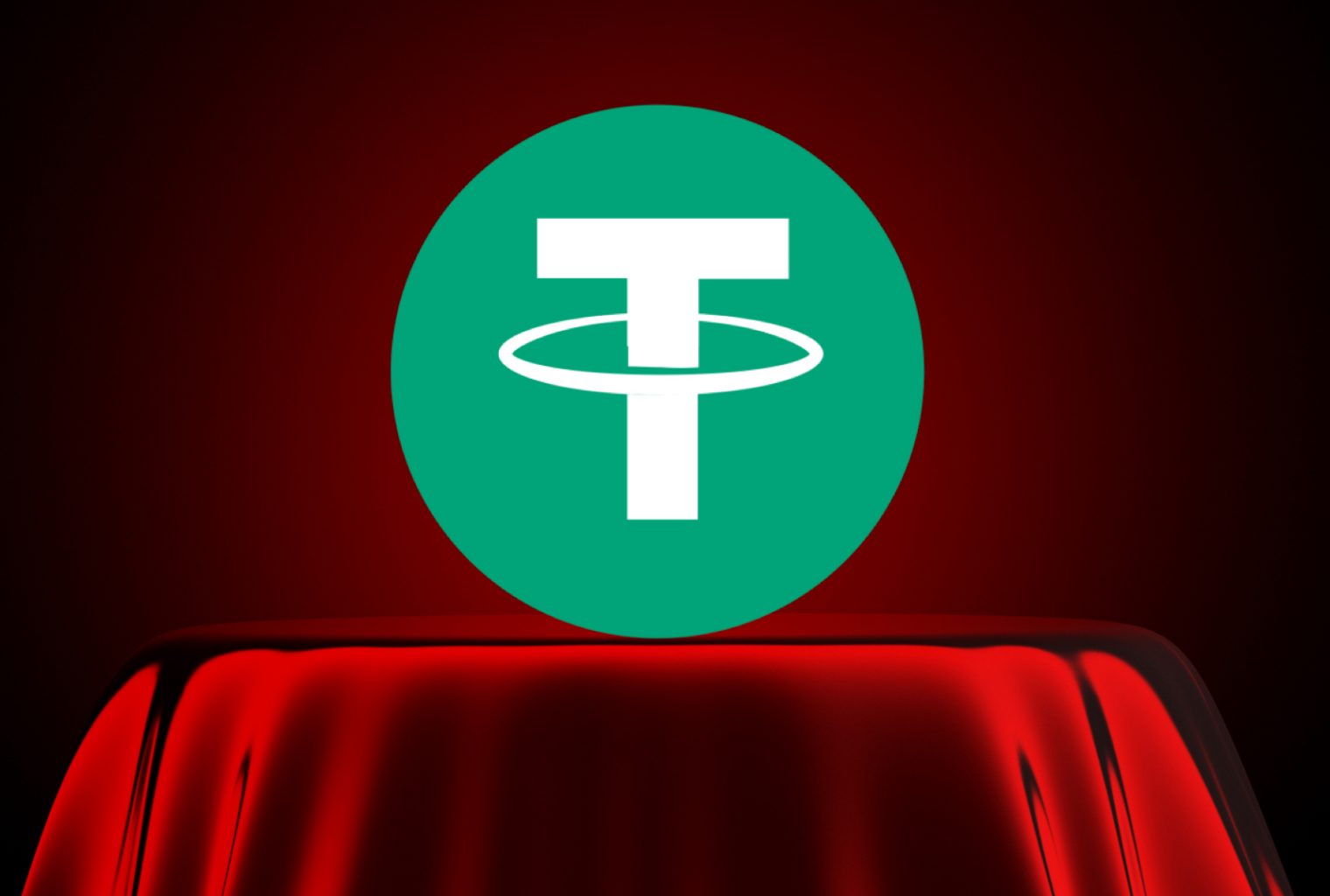Tether Partners with Guinea to Drive Blockchain Innovation and Education
19.02.2025 9:00 2 min. read Alexander Stefanov
Tether has recently entered into a strategic agreement with Guinea to explore blockchain and peer-to-peer technology.
This collaboration, detailed in a memorandum of understanding (MOU), aims to lay the foundation for the nation’s adoption of blockchain while encouraging technological progress.
The initiative is centered around sharing knowledge and fostering innovation, focusing on areas like education and sustainable technological practices. Tether, known for issuing the leading stablecoin by market value, has previously pursued similar efforts, such as its agreement with Uzbekistan in 2022 to promote blockchain education and tokenization.
A significant aspect of this partnership is the emphasis on educational programs designed to develop blockchain expertise in both public and private sectors. Tether’s goal is to cultivate local talent, raising awareness and equipping the workforce with essential digital skills. CEO Paolo Ardoino highlighted that the project will foster economic growth, positioning Guinea as a technological leader in Africa.
Guinea’s government, led by interim president Mamady Doumbouya, is keen on preparing its younger population for the challenges and opportunities of the digital era. One of the key focuses of this partnership is the country’s “Innovation City” project, which will serve as a hub for tech companies and research initiatives.
The growing interest in crypto and blockchain adoption in Africa is notable, with surveys showing strong engagement in countries like Nigeria and South Africa, where cryptocurrency ownership is on the rise.
-
1
Top 10 blockchains by transaction volume in June 2025
06.07.2025 16:00 2 min. read -
2
German State-Owned Development Bank Issues €100 Million Blockchain Bond
11.07.2025 7:00 2 min. read -
3
Tether Ends Support for Five Blockchains in Infrastructure Shift
12.07.2025 11:30 2 min. read -
4
Cardano and Ethereum Lead in Developer Activity as GitHub Commits Surge
14.07.2025 12:00 1 min. read -
5
BNB Chain Upgrades and Token Delistings Reshape Binance Ecosystem
16.07.2025 22:00 2 min. read
Charles Schwab to Launch Bitcoin and Ethereum Trading Soon, CEO Confirms
Charles Schwab is preparing to roll out spot Bitcoin and Ethereum trading, according to CEO Rick Wurster during the firm’s latest earnings call.
BlackRock Moves to Add Staking to iShares Ethereum ETF Following SEC Greenlight
BlackRock is seeking to enhance its iShares Ethereum Trust (ticker: ETHA) by incorporating staking features, according to a new filing with the U.S. Securities and Exchange Commission (SEC) submitted Thursday.
IMF Disputes El Salvador’s Bitcoin Purchases, Cites Asset Consolidation
A new report from the International Monetary Fund (IMF) suggests that El Salvador’s recent Bitcoin accumulation may not stem from ongoing purchases, but rather from a reshuffling of assets across government-controlled wallets.
Sberbank Moves to Dominate Russia’s Crypto Custody Sector
Sberbank, Russia’s largest state-owned bank, is preparing to launch custody services for digital assets, marking a significant expansion into the country’s evolving crypto landscape.
-
1
Top 10 blockchains by transaction volume in June 2025
06.07.2025 16:00 2 min. read -
2
German State-Owned Development Bank Issues €100 Million Blockchain Bond
11.07.2025 7:00 2 min. read -
3
Tether Ends Support for Five Blockchains in Infrastructure Shift
12.07.2025 11:30 2 min. read -
4
Cardano and Ethereum Lead in Developer Activity as GitHub Commits Surge
14.07.2025 12:00 1 min. read -
5
BNB Chain Upgrades and Token Delistings Reshape Binance Ecosystem
16.07.2025 22:00 2 min. read


